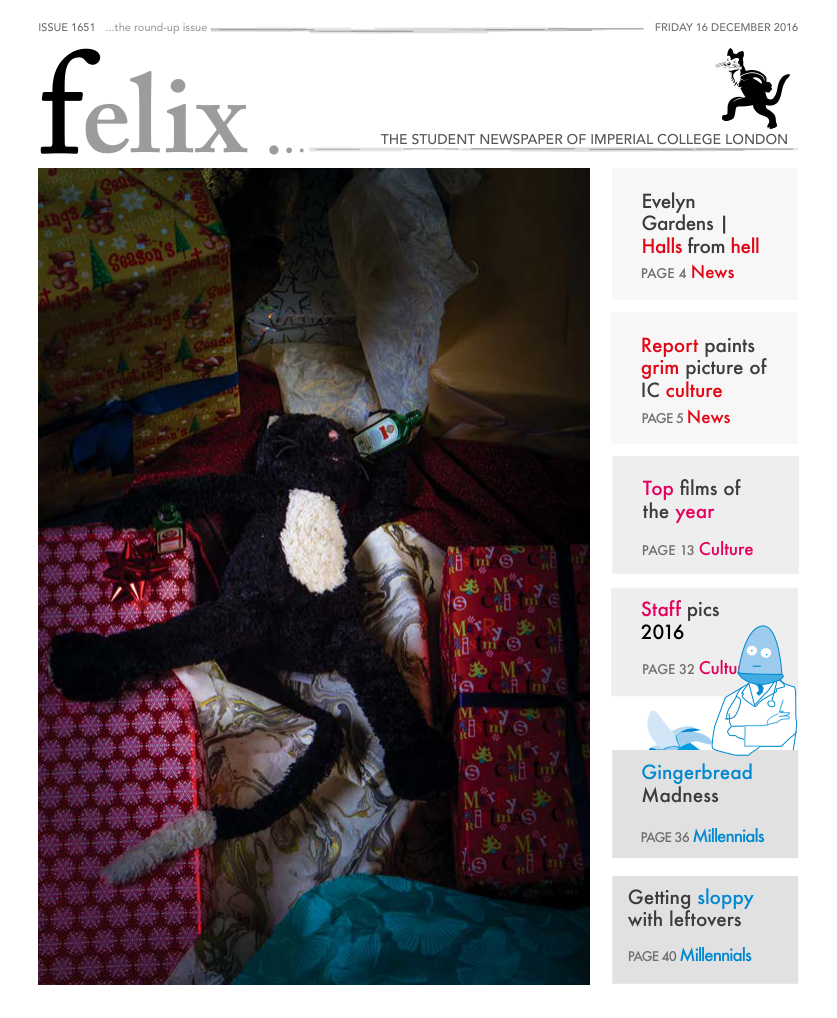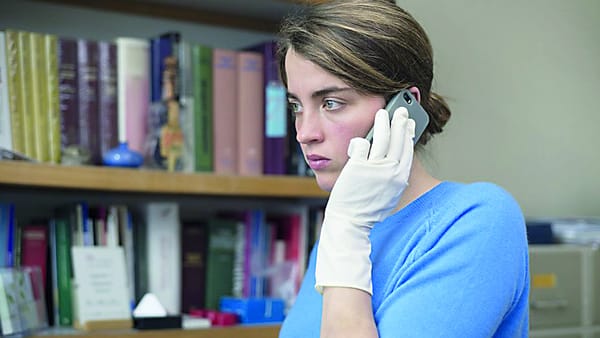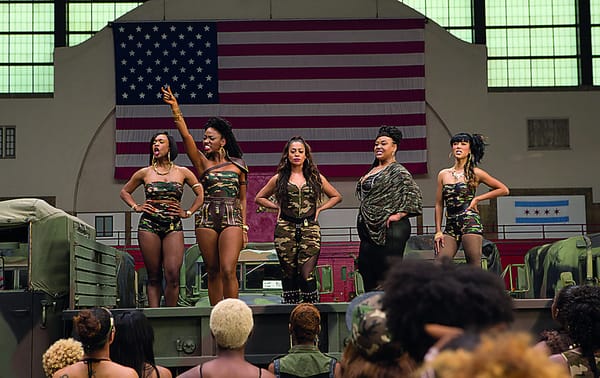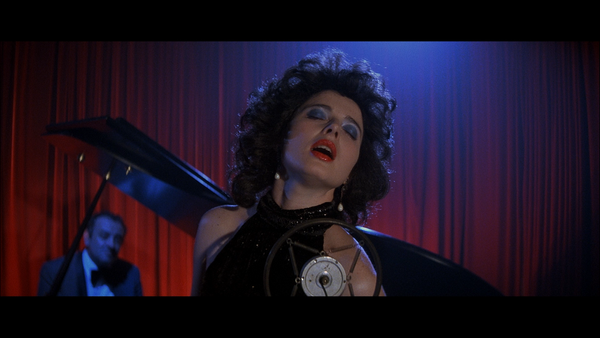Through the Wall
Looking for Love...
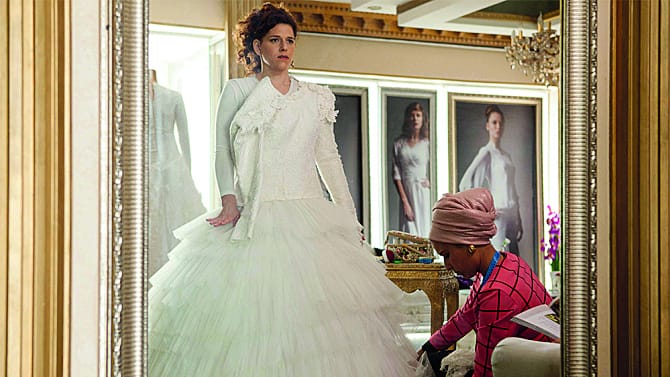
I’m tired of being alone – I just want to love, and to be loved” laments Michal (Noa Kooler), voicing a complaint that many Imperial students share. Yet instead of just drowning her sorrows like the rest of us, Michal resolves to marry in 22 days’ time, trusting in God to find her a husband. From here on hope, heartbreak, and Orthodox Judaism permeate this rom-com, the second feature from Israeli-American director Rama Burshtein. It’s a significant tonal departure from her award-winning debut (and Golden Lion-nominated) Fill the Void, whose soulful, meditative exploration of love and marriage contrasts with Through the Wall’s lighter-hearted approach. But this difference belies its similar ambitions to delve deep into the complex nature of romance.
The film follows Michal’s pursuit of love, but its clearest focus is on communication, and its necessity in forming strong, stable relationships. From dates with a deaf man, to a suitor who’ll only look her in the eye if Michal promises to marry him, Burshtein constantly highlights the distances that arise when we lack the ability to clearly and directly relate to each other. Moreover, she is interested in how we ourselves often build the greatest emotional barriers, and Michal – a far from fault free protagonist – allows Burstein to delve into the psyche of the romantically adrift.
The casting is vital to the film’s success in its exploration of these themes, and Noa Kooler’s nuanced yet commanding performance succeeds in displaying the balance of resolve and desperation the role requires. The emotional heft she provides is bolstered by the uniform strength of the supporting cast, particularly Roni Merhavi as Feggie, Michal’s best friend, and Oz Zehavi as Yos, a fictional Israeli pop star whose small budget has seemingly condemned him to a mere 12 groupies. gghghhghghghghghghghgghgg ffThrough the Wall examines many issues that permeate our lives – specifically the barriers, self-inflicted or not, that prevent us from finding love. Despite the poignancy of these themes, the film manages little emotional resonance. Part of this is attributable to the plot which, a few minor twists aside, is fairly predictable from the start. However much is also down to the film’s narrow focus: Burshtein alludes to, and then abandons, several parallel experiences of love from supporting characters, and in doing so the potential for a wider exploration of the nature of romance and where we look for it is lost. Similarly, whilst the infrequent comedic moments are funny, they fail to touch any higher truths leaving the film unable to reach its lofty spiritual ambitions. Personally, all I took away was a desire to know who my bride will be well before my wedding day.

